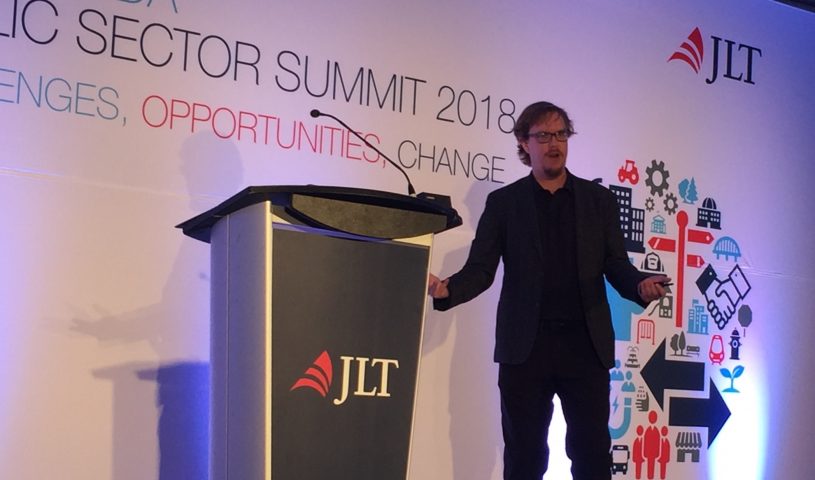Rethinking municipal service delivery

Public sector officials across North America are looking to improve and enhance their online services for citizens and businesses. One of the options that is gaining attention is a unique contracting model that offers a potential fast-track solution at no direct cost to their organization. This public-private partnership model (often referred to as “transaction-based” or “no-cost” contracting) relies on user fees to fund the cost of digital services.
The benefit of adopting such a model is that none of the funding needs to come from the general budget. Through this model, municipal officials provide the overall direction, but assign responsibility for the design, administration, and maintenance of the digital solution to the private contractor.
The result, according to a recent report describing the process, is a win-win for agencies and the public. Agencies are able to deliver the services citizens and businesses need in the digital format they prefer, all with minimal impact on the budget – or none at all.1 The report, underwritten by NIC Inc., highlights how government agencies have been able to accelerate their efforts to deliver enhanced online services using the model.
The State of Maryland, for example, worked to digitize and streamline its business licensing process, and saw approval times drop from 10 weeks to as little as one day. By using a no-cost contract, with fees paid by the end-users of the service, Maryland was able to develop, operate, and promote the digital government service all at no direct cost. The Maryland solution included a public-facing desk/online chat feature. It provides support for constituents and technical support for agencies – 24 hours a day, 7 days a week, 365 days a year. In addition, a layered security architecture ensures that the failure of any single component does not compromise the overall security of the service.
In another example, the U.S. Department of Transportation (USDOT) worked to design and deliver the Pre-Employment Screening Program (PSP). This digital government service allows authorized trucking and bus companies to review the crash and inspection histories of commercial drivers during the hiring process. Like many government initiatives, delivering this service was required as part of a mandate that came with no additional funding.
The results, however, have been impressive. A study by the Federal Motor Carrier Safety Association found that carriers using PSP to inform their hiring processes contributed to, on average, eight percent fewer crashes and a 17 percent lower driver out-of-service (OOS) rate than those that do not use PSP.
The report provides details on how agencies can use existing government procurement rules to take advantage of the no-cost contracting approach. It estimates that, in the 12 months studied, the motor carrier group using PSP prevented 863 crashes and more than 3,500 driver OOS incidents. It also provides recommendations for the kinds of government services that are best suited for transaction-based and no-cost contracting models.
This public-private partnership model is increasingly being considered as a viable option for local governments. It’s an approach that can help to transfer some of the risk and accountability, while freeing municipal staff to perform other, mission-critical tasks.
1 Scoop News Group, “Rethinking how agencies deliver citizen services,” 2018, https://www.fedscoop.com/download-tech-brief-report-rethinking-agencies-can-deliver-citizen-services/.
Maria Cuevas is the Senior Business Development Manager at NIC Inc.
Jenna Coates is the Business Development Manager at NIC Inc.
as published in Municipal World, November 2018



